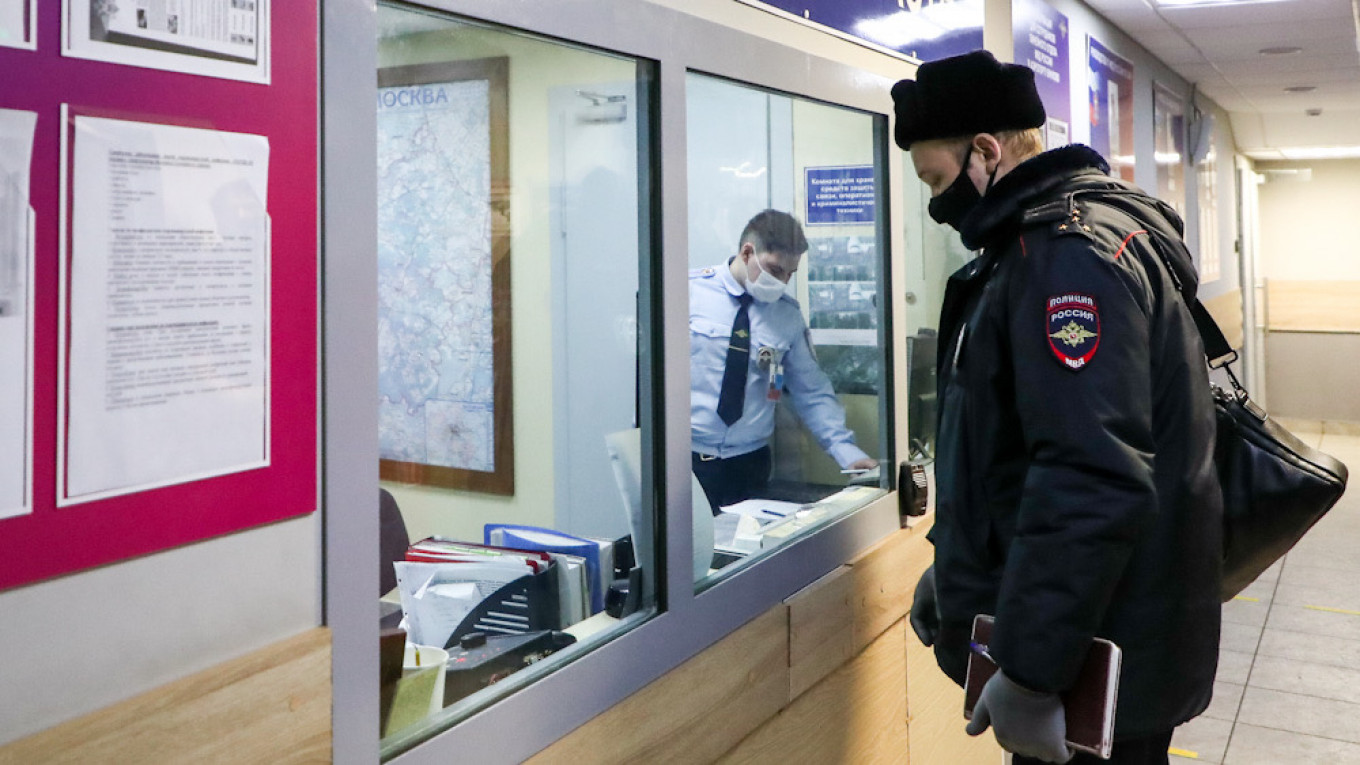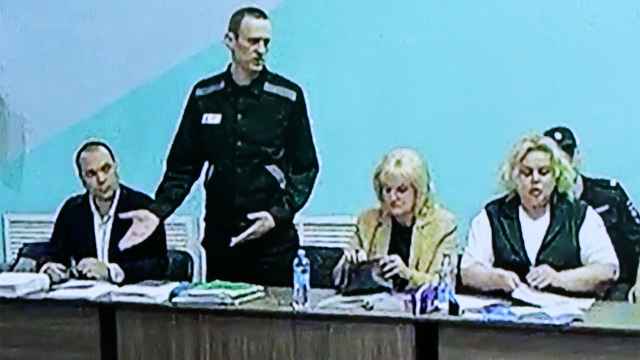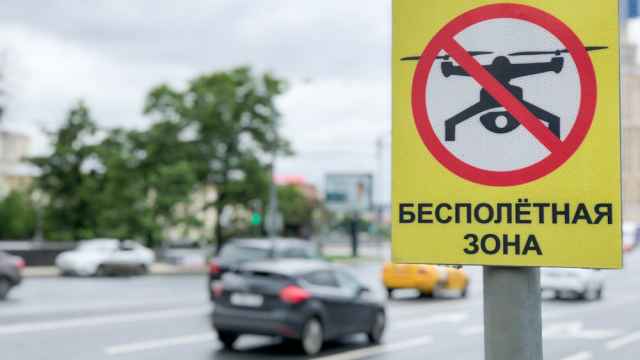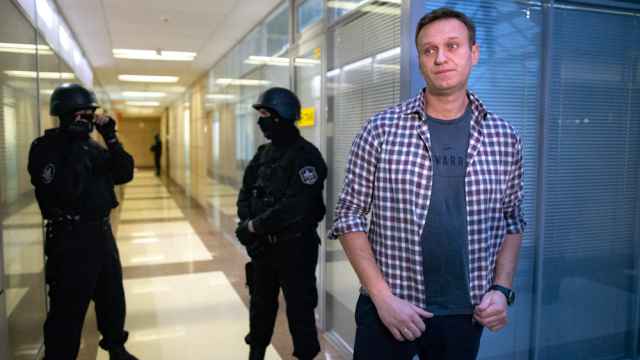A second Russian police officer has been suspected of leaking security officers’ travel data from the day of opposition leader Alexei Navalny’s poisoning, the Kommersant business daily reported Monday.
A major media investigation in December published the names of Federal Security Service (FSB) chemical-weapons experts who it said tailed Navalny for years, including on the day of his August 2020 poisoning. The Bellingcat investigative outlet which led the investigation has said it used flight manifests and phone records obtained on the black market to trace the secret FSB squad’s movements.
The latest criminal case against a St. Petersburg police major follows the house arrest in December of a Samara officer who allegedly leaked officers’ travel data from a classified database to a third party.
According to Kommersant, an internal security unit at the St. Petersburg police department had uncovered one of its officers accessing Navalny’s Aug. 20 flight manifest and “transferring” it to an unknown party. Navalny went into a coma after falling violently ill on that flight in Siberia.
The police major, whose name was withheld by Kommersant, faces up to 10 years in prison if found guilty of abuse of office. St. Petersburg-based media identified him as 40-year-old Roman Gladyshev.
The criminal case is linked to this Saturday’s seven-hour interrogation of a Russian investigative reporter who had allegedly been promised the Navalny flight manifest and is a witness in the major’s case, Kommersant reported.
The journalist and her employer from the well-known Baza Telegram news channel declined to confirm or deny whether her interrogation was related to the leak.
Navalny, 44, was last month sentenced to nearly three years in prison for violating parole after returning from Germany, where he had been recovering from what Western scientists said was Novichok poisoning. His arrest sparked mass nationwide rallies and the threat of new sanctions from Europe.
Navalny accuses President Vladimir Putin, who has confirmed that security agents tailed Navalny as a Western spy, of ordering his assassination attempt. Russia denies involvement in the poisoning and has refused to open a criminal investigation until Germany hands over proof that he was poisoned with Novichok.
Days after Navalny published a video of himself cold-calling one of the FSB agents named in the leaked database as one of his alleged poisoners, Putin banned the public dissemination of security and law enforcement members’ data.
A Message from The Moscow Times:
Dear readers,
We are facing unprecedented challenges. Russia's Prosecutor General's Office has designated The Moscow Times as an "undesirable" organization, criminalizing our work and putting our staff at risk of prosecution. This follows our earlier unjust labeling as a "foreign agent."
These actions are direct attempts to silence independent journalism in Russia. The authorities claim our work "discredits the decisions of the Russian leadership." We see things differently: we strive to provide accurate, unbiased reporting on Russia.
We, the journalists of The Moscow Times, refuse to be silenced. But to continue our work, we need your help.
Your support, no matter how small, makes a world of difference. If you can, please support us monthly starting from just $2. It's quick to set up, and every contribution makes a significant impact.
By supporting The Moscow Times, you're defending open, independent journalism in the face of repression. Thank you for standing with us.
Remind me later.






